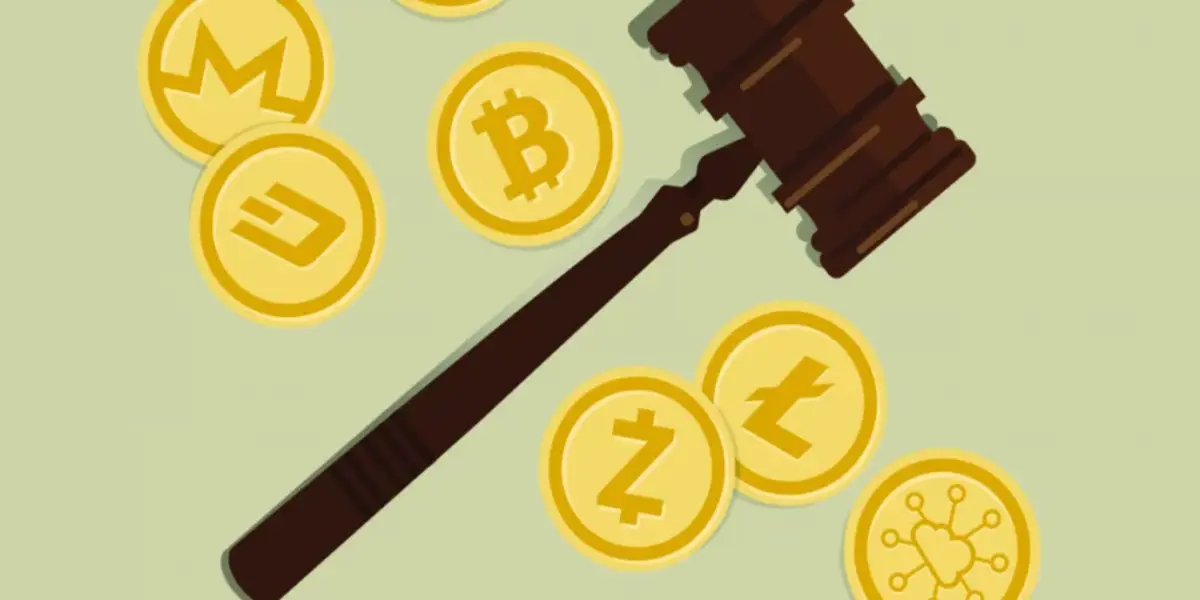Key Insights:
- Russia’s cryptocurrency ban targets all forms, allowing only locally issued digital assets starting in September.
- The Russian government aims to protect the ruble’s role as the sole currency through restrictive cryptocurrency regulations.
- Digital rubles and specific central bank projects will be exempt from Russia’s comprehensive cryptocurrency ban.
Russia is set to introduce a sweeping ban on cryptocurrencies as it moves to consolidate the ruble’s role in its financial system amidst growing geopolitical tensions. The Chairman of the State Duma Committee on the Financial Market, Anatoly Aksakov, stated that the ban, effective from September 1, will prohibit the organization and circulation of cryptocurrencies such as Bitcoin, with only digital financial assets issued by Russia being recognized legally.
The Russian Parliament proposes to ban the organization of cryptocurrency circulation in Russia from September 1, 2024, as well as the advertising of cryptocurrencies. Only miners and projects approved by the Central Bank will be able to obtain the right. However, this proposal…
— Wu Blockchain (@WuBlockchain) April 29, 2024
The decision to outlaw cryptocurrencies comes at a time when Russian authorities increasingly view these digital assets as a threat to the stability and sovereignty of the national currency, the ruble. Aksakov emphasized, “We are talking about a ban on transactions with bitcoins and other cryptocurrencies. However, digital financial assets issued in Russian jurisdiction will be allowed.” This initiative marks a significant shift in Russia’s approach to handling the complex dynamics of global digital finance.
Moreover, the government has carved out specific exceptions within the new regulation framework. These exceptions apply primarily to crypto miners and selected experimental projects that have the endorsement of the Central Bank. This move suggests a nuanced approach to cryptocurrency, recognizing its potential to contribute to the Russian economy while restricting its use as a quasi-currency.
Additionally, internal discussions among Russian policymakers reveal a divide in opinions on how to regulate this sector. While some officials advocate for stringent measures to limit the use of cryptocurrencies, others, like Russia’s Finance Minister Anton Siluanov, argue for a more moderated approach that would permit cryptocurrencies in both domestic and international transactions. Similarly, Elvira Nabiullina, head of the Bank of Russia, supports the experimental use of cryptocurrencies for international settlements.
The legislation is a response to the broader challenges cryptocurrencies pose to national financial systems, which can bypass traditional banking and regulatory frameworks, facilitating cross-border transactions with minimal oversight. Historically, Russian entities have utilized cryptocurrencies like Tether’s USDT to secure essential components for military technologies, circumventing international sanctions.

